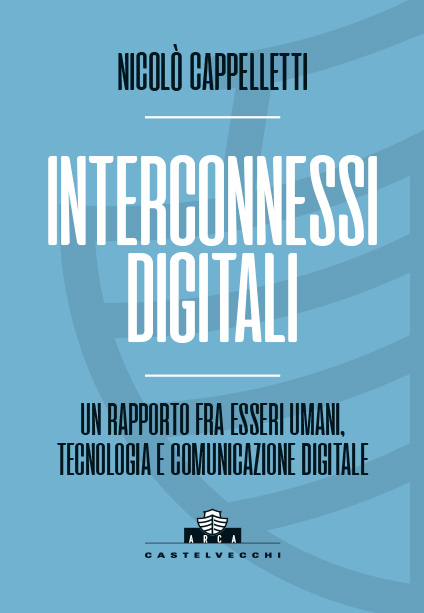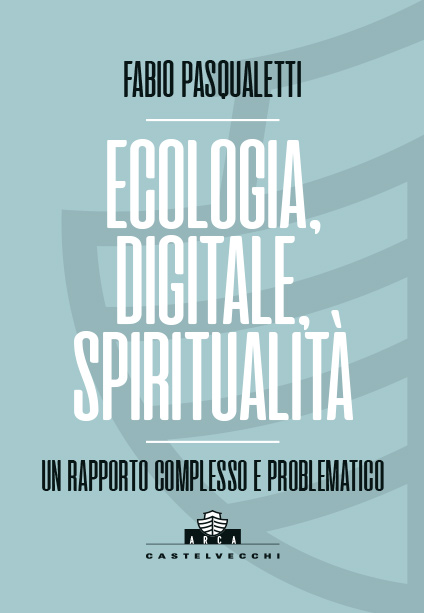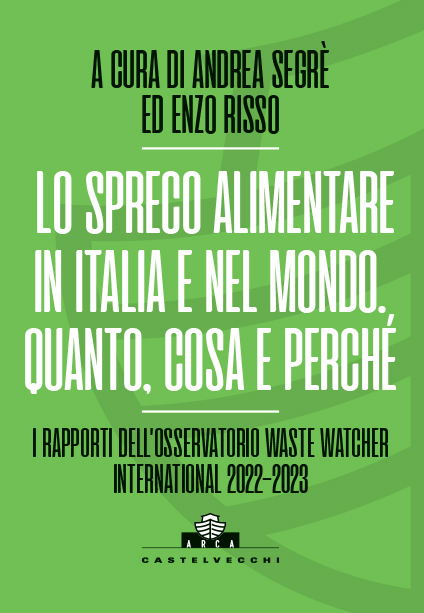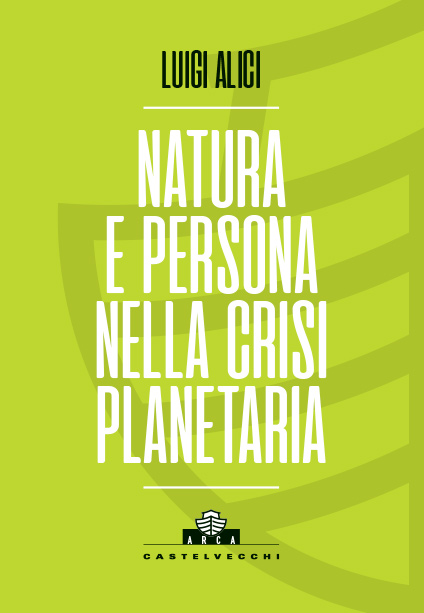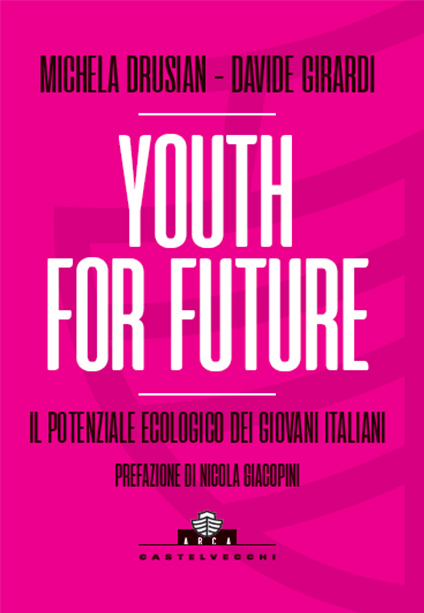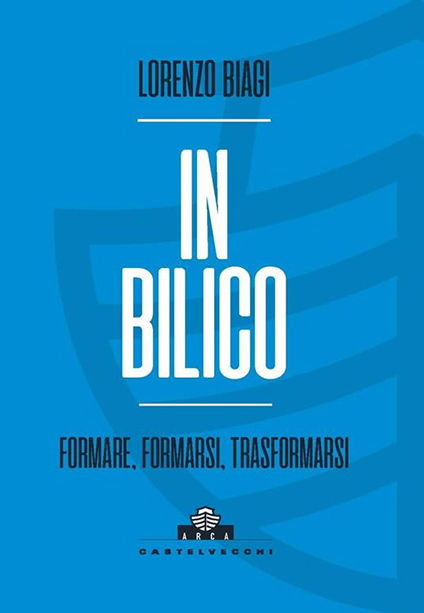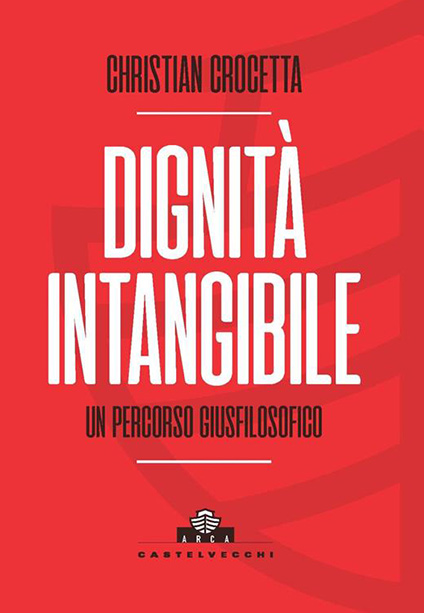Titolo: L’evoluzione del marketing dei prodotti musicali
Tipo di pubblicazione: articolo
Anno di pubblicazione: 2014
Autore: Michele Porceddu Cilione
Rivista: IUSVEducation #04
Pagine: 68-89
Data di pubblicazione: dicembre 2014
Editore: IUSVE – Istituto Universitario Salesiano
ISSN: 2283-334X
Come citare: Porceddu Cilione, M. (2014). L’evoluzione del marketing dei prodotti musicali. IUSVEducation, 4, 68-89. https://www.iusveducation.it/levoluzione-del-marketing-dei-prodotti-musicali/
Parole chiave: musica, marketing, prodotto, tecnologia, industria musicale, radio, disco
Paper PDF: IUSVEducation_04_PorcedduCilione_EVOLUZIONE_MARKETING_PRODOTTI_MUSICALI.pdf
Abstract:
Negli ultimi vent’anni, il marketing dei prodotti musicali è incorso in un cambiamento epocale. L’avvento delle tecnologie digitali, e di Internet in particolare, ha innescato una rivoluzione rapida e tumultuosa i cui effetti hanno scosso pratiche radicatesi in più di cinquant’anni di continuo ricorso ai medesimi processi commerciali. Tale sconvolgimento ha travolto artisti, produttori, aziende, negozianti ed un indistinto arcipelago di professionisti il cui contributo al mondo della musica acquistava un senso solo all’interno di rapporti e consuetudini ormai in via di obsolescenza.
Tuttavia, la musica non è morta, ed il cambiamento sta favorendo quei musicisti, imprenditori e operatori di settore che, per abilità o per caso, stanno tramutando la minaccia in opportunità.
A complicare la situazione vigente, la quale vede metodi distributivi tradizionali convivere con lo scaricamento di files digitali compressi in formato mp3, intervengono anche i nuovi ‘contesti di fruizione’ entro i quali il prodotto musica viene goduto o consumato. Dai tempi di Elvis Presley e i Beatles, la musica si è evoluta in modo complesso, divenendo non solo elemento d’ascolto radiofonico o pretesto per ballare, ma anche colonna sonora di spot pubblicitari e videogiochi, propellente per fenomeni come MTV, veicolo di comunicazione sottoculturale e collante di spazi web come Youtube. Per quasi sei decenni questa evoluzione è stata mascherata da un supporto tecnologico, il disco registrato, usato dalle aziende di settore sia come icona, sia come elemento di definizione, attraverso le vendite, del valore di un artista.
Abstract:
In the last twenty years, the marketing of music products has been caught in an earthshaking change.
The advent of digital technologies, especially the Internet, triggered a quick and turbulent evolution which took fifty years’ worth of tried and true marketing practices by storm. This revolution overwhelmed artists, producers, industries, retailers and a vague group of professionals whose role in the music business was tied to relationships and routines that are nowadays losing importance.
However, music is not dead, and the new scenario is sustaining those musicians, entrepreneurs and workers who, by chance or skill, are exploiting the actual opportunities.
To make things more confused, not only the traditional distribution system is operating together with the new habit of mp3 downloading, but new ‘ fruition contests’ also have appeared, changing the ways music products are bought or enjoyed. Since the times of Elvis Presley and the Beatles, music has deeply evolved, serving not only as radio entertainment or dancing material, but also as jingle or videogame soundtrack, fuel for entities like MTV, subcultural theme and commodity for the Youtube phenomenon. For almost sixty years, this impending evolution has been kept at bay by a technological support, the record, used by the sector industries both as an icon and as a measure, through the sales, of an artist’s value.














